The body needs nutrients to function properly. Because the body cannot produce nutrients on its own, it must be supplied through daily diet. When the body does not absorb enough of these nutrients, it will fall into a state of malnutrition, according to the health website Medical News Today (UK).
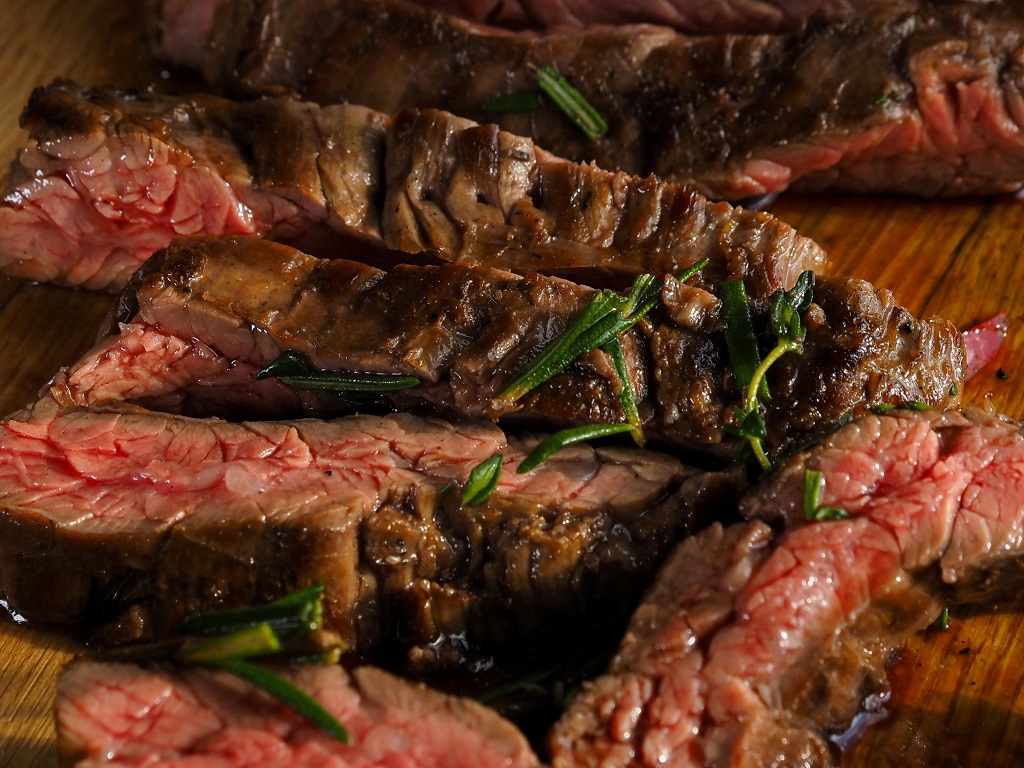
Red meat is rich in iron and can help prevent iron deficiency anemia, but you should not eat too much red meat.
Nutrients that, when lacking, will have a major impact on health include:
Iron deficiency
Iron is extremely important for health because it is the main component of red blood cells. Red blood cells have the function of transporting nutrients and oxygen in the blood to organs throughout the body. Iron deficiency is the most common type of deficiency, affecting about 25% of the population.
Iron deficiency can cause anemia, reducing the number of red blood cells, affecting the blood's ability to transport oxygen and nutrients. As a result, it causes symptoms such as prolonged fatigue, impaired immunity and brain function. To prevent iron deficiency, people need to eat enough iron-rich foods such as red meat, shellfish, beans, sardines and green leafy vegetables.
Vitamin D deficiency
Vitamin D is produced by the body from cholesterol in the skin when exposed to sunlight. Vitamin D deficiency weakens muscle mass, leading to bone loss and an increased risk of fractures. In children, vitamin D deficiency can lead to growth retardation.
In addition, vitamin D deficiency can also increase the risk of depression. To prevent vitamin D deficiency, in addition to sunbathing for about 10 minutes a day, people can eat foods rich in vitamin D such as cod liver oil, egg yolks and fatty fish such as salmon, tuna, and herring.
Magnesium
Magnesium is an extremely important mineral that promotes bone and heart health and helps regulate more than 300 enzyme reactions. Long-term magnesium deficiency increases the risk of type 2 diabetes, heart disease, osteoporosis, and several metabolic diseases.
Studies show that people who have been hospitalized for a long time are at high risk of magnesium deficiency. Foods rich in magnesium include green leafy vegetables, dark chocolate, whole grains, and nuts such as almonds and walnuts, according to Medical News Today.
Source: https://thanhnien.vn/3-duong-chat-khong-duoc-thieu-vi-se-de-gay-benh-185241020182137757.htm


![[Photo] Opening of the 44th session of the National Assembly Standing Committee](https://vstatic.vietnam.vn/vietnam/resource/IMAGE/2025/4/14/03a1687d4f584352a4b7aa6aa0f73792)

![[Photo] Children's smiles - hope after the earthquake disaster in Myanmar](https://vstatic.vietnam.vn/vietnam/resource/IMAGE/2025/4/14/9fc59328310d43839c4d369d08421cf3)

![[Photo] Touching images recreated at the program "Resources for Victory"](https://vstatic.vietnam.vn/vietnam/resource/IMAGE/2025/4/14/99863147ad274f01a9b208519ebc0dd2)
![[Photo] General Secretary To Lam chairs the third meeting to review the implementation of Resolution No. 18-NQ/TW](https://vstatic.vietnam.vn/vietnam/resource/IMAGE/2025/4/14/10f646e55e8e4f3b8c9ae2e35705481d)



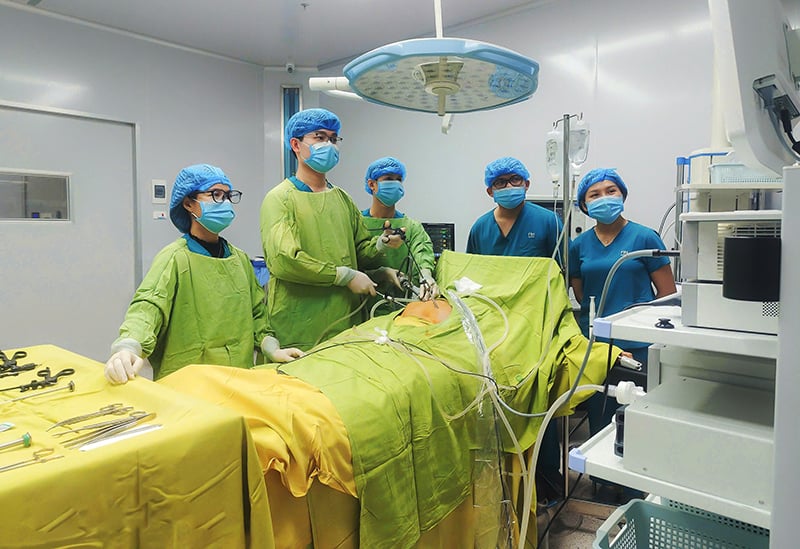
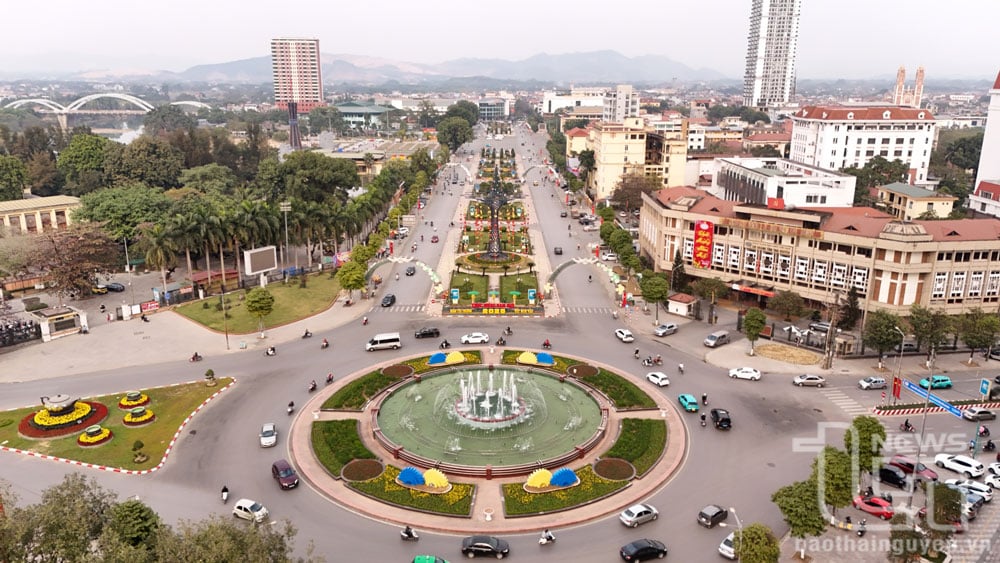




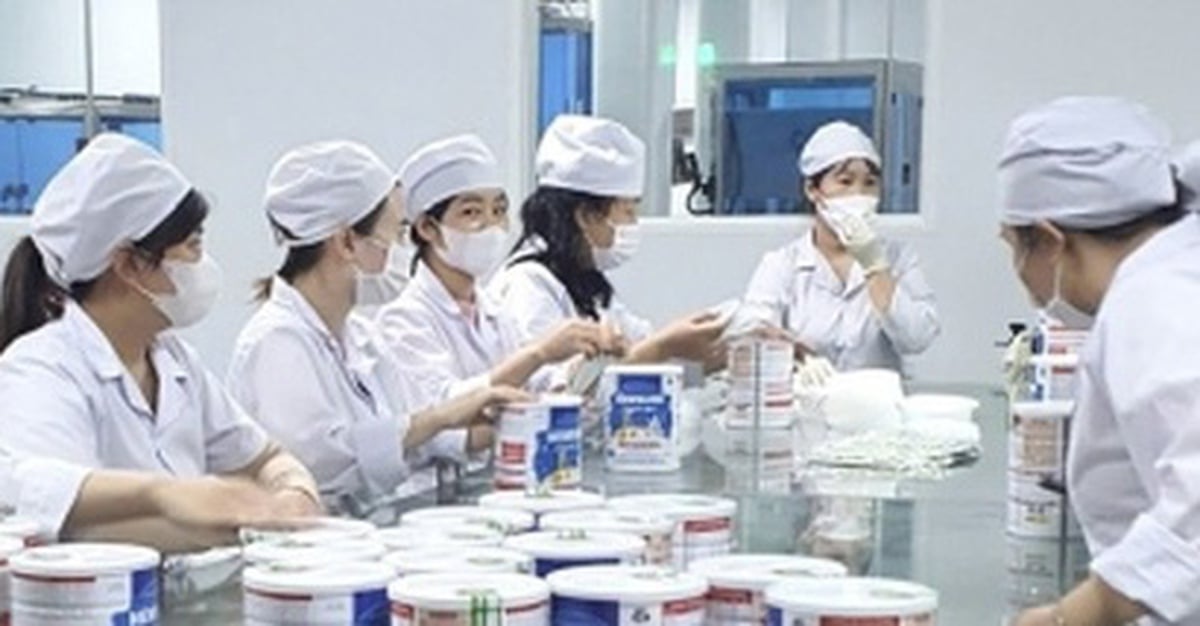
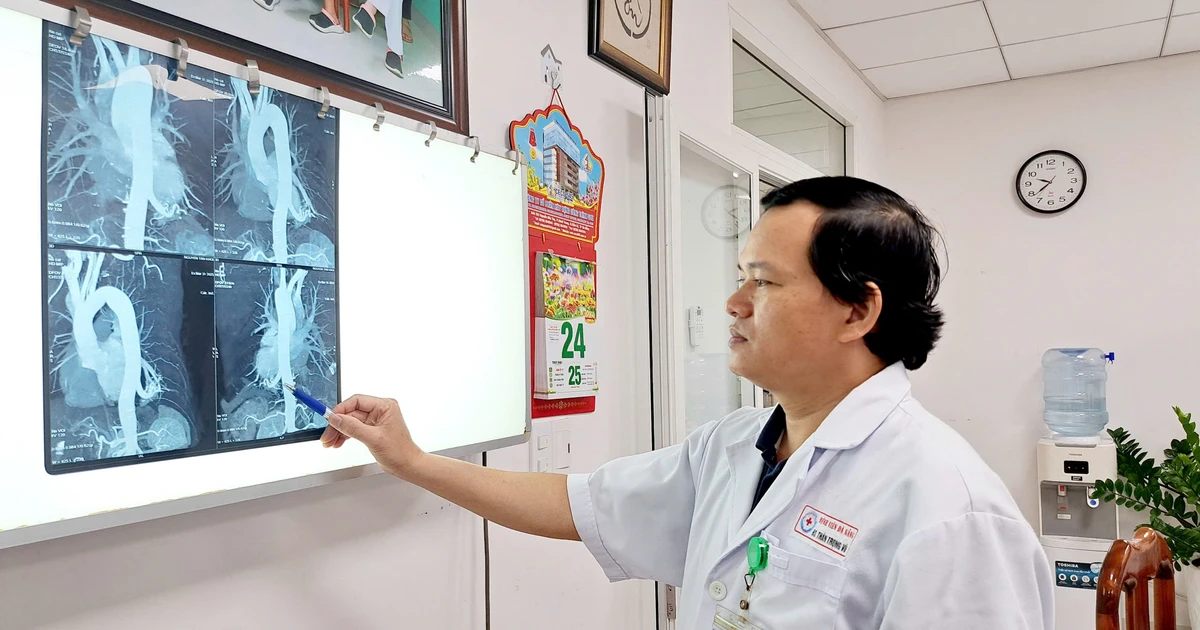



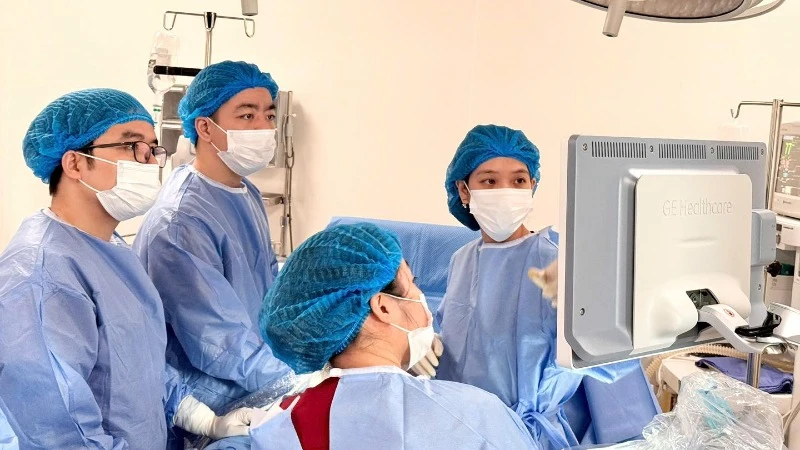







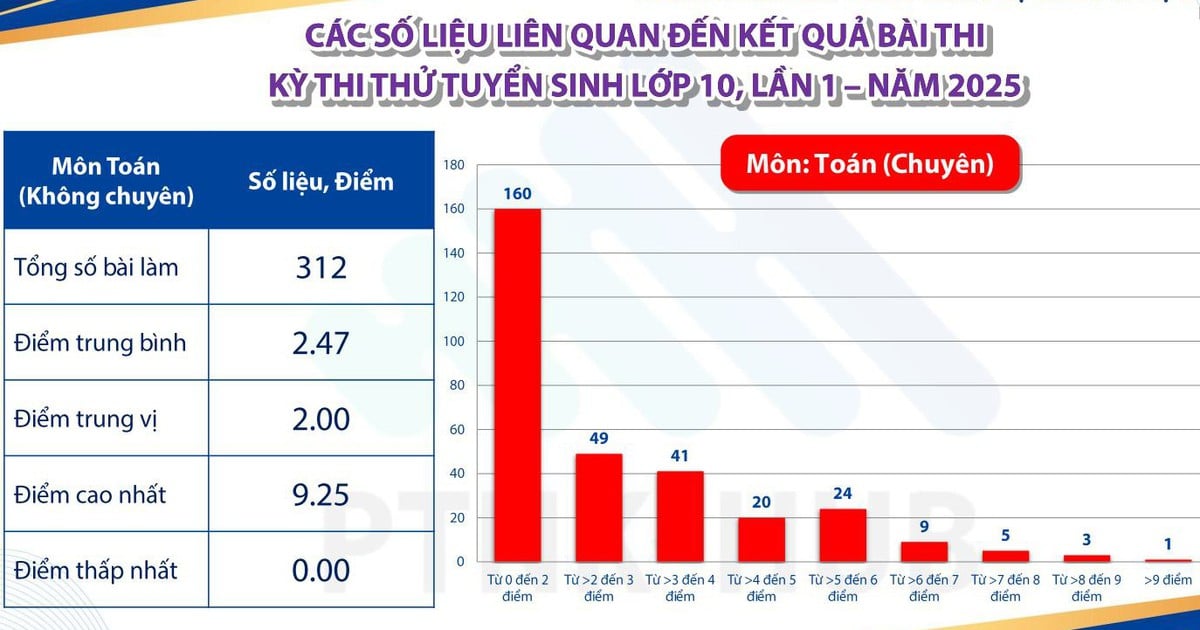













































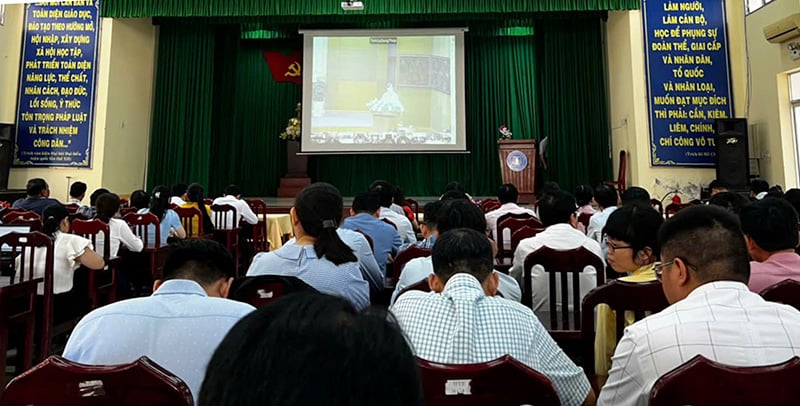

















Comment (0)